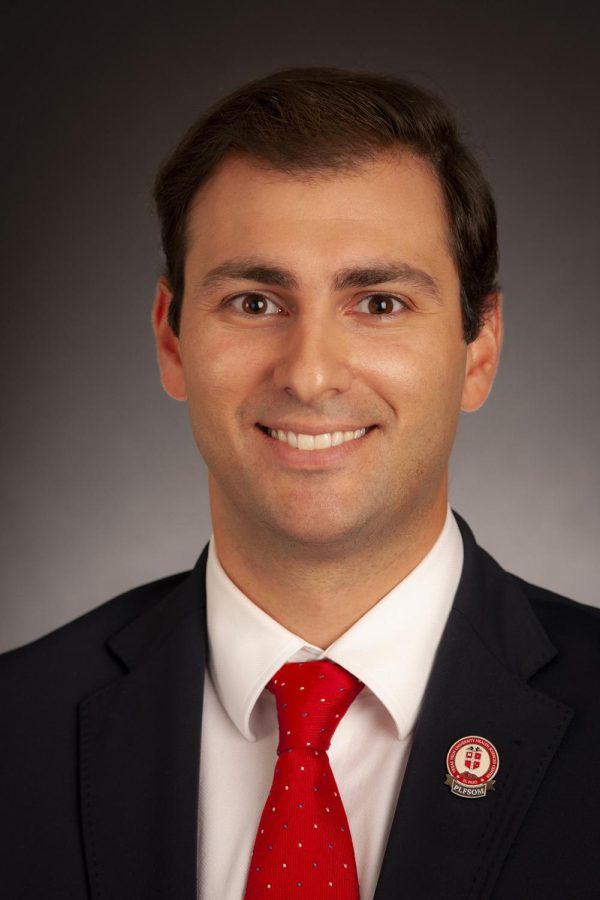
Greek life and the activities of sororities and fraternities are prevalent on most university campuses in the United States. In fact, many universities, including MSU, will start organizing “Greek Week” in a few months, where Greeks engage in celebratory competitions to show off school and organizational spirit. Greek affairs, including Greek Week, commonly revolve around traditions, social gatherings and professional and alumni networking. As any member of these organizations will tell you, philanthropy is a prominent part of their activities.
If this were the complete picture of Greek culture, then it would only be fair to conclude that fraternities and sororities were simply clubs of benign socializing. However, the underlying reputation of Greek organizations is, in general, far more insidious.
At MSU, and all around the country, people are realizing that Greek culture is more toxic than we’d like to admit. All too often Greek culture glorifies elitism, alcohol/drug abuse and insolent behavior. Obviously these attributions are not the look Greeks want to present to the greater community, but they are nonetheless as real as the wholesome activities I mentioned before. Moreover, the pattern by which they avoid criticism is pernicious. These organizations masquerade under the guise of philanthropy and piety to ingratiate themselves with the university, knowing that if they become disorderly, they can justify their unique status with appeals to tradition. If that wasn’t worrisome enough, Greek events have yielded tragic results.
This was the case for 20-year-old Texas State University sophomore Matthew Ellis. Ellis, just like so many other unsuspecting college students, pledged a fraternity – in this case, it was Phi Kappa Psi. As per the unwritten rules of far too many fraternities and sororities, Ellis went to a Greek event and began drinking heavily. The following morning, on Nov. 12, 2017, Ellis was found dead. Though local police have yet to confirm all details surrounding his terribly premature death, The University Star, Texas State’s campus newspaper, reported Ellis died at an initiation event. So much for “brothers” having each other’s backs.
The story of Matthew Ellis is not an isolated tragedy, and to pretend so would be feckless. Just this year, three other pledges – not including Ellis – met grim, premature deaths in the company of their respective fraternities. In each case, excessive alcohol consumption and hazing was foisted on younger members; and at the end of the night, these young men literally pledged their lives away.
I’m not saying that fraternities and sororities don’t do admirable charitable work, nor am I arguing for Greeks to be held to puritanical standards. But what I am advocating for is that the university community turn a more critical eye to the Greek organizations we have at MSU. In one variation or another, hazing, reckless partying and even death find its way to the halls of fraternities and sororities. We shouldn’t accept two standards for Greeks and non-Greeks, and we certainly can’t accept the fate of Ellis to happen to a member of one of our fraternities or sororities. The onus is on us to make sure that never happens at our university. To do that we have to be honest about the totality of Greek culture.
Markell Braxton-Johnson is a sports and leisure studies junior.














petros • Oct 16, 2020 at 9:15 PM
i am greek born and raised in nyc and YES GREEKS ARE EXTREMELY toxic and full of abusive language and also full of guilt and guilt trips they do there kids as it was done to me and still does. Its horrible!